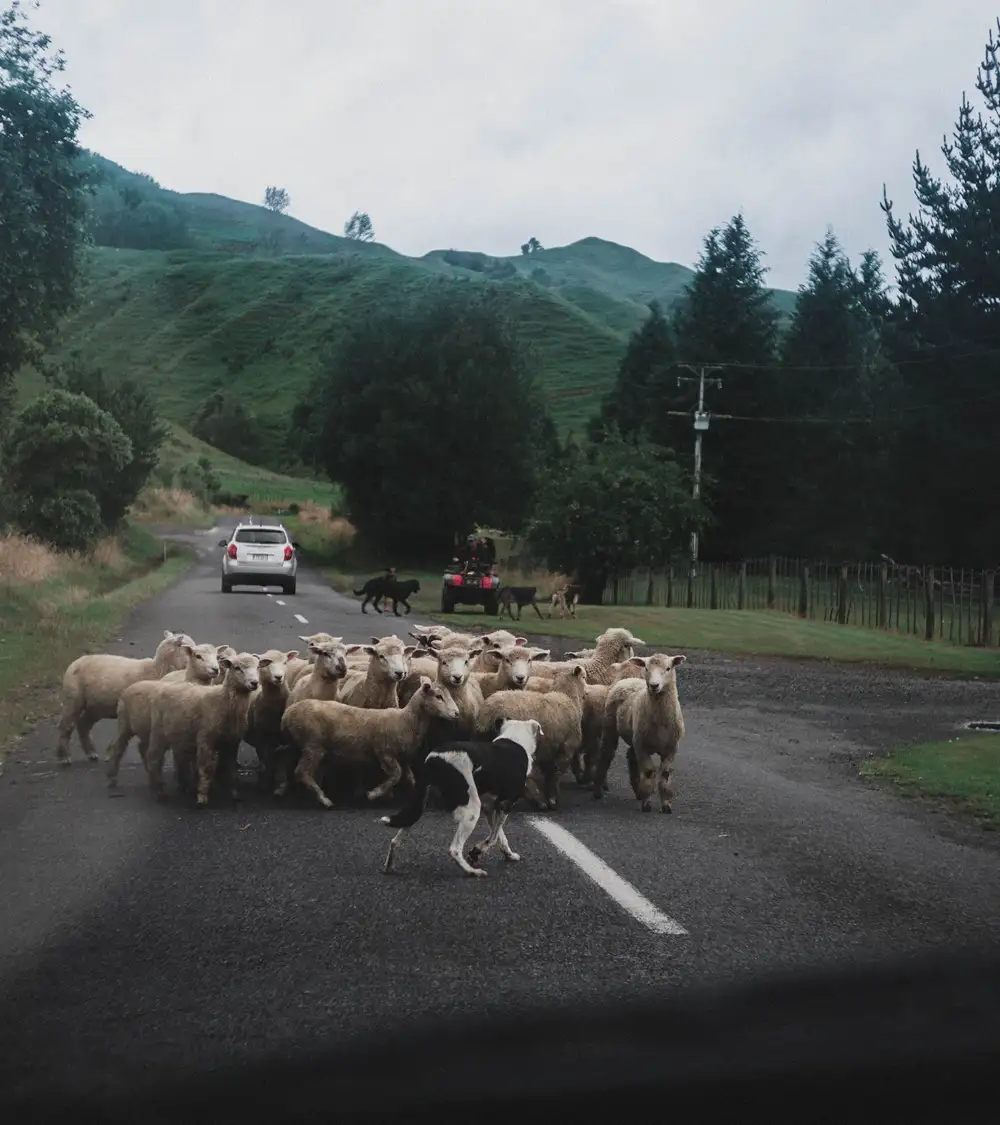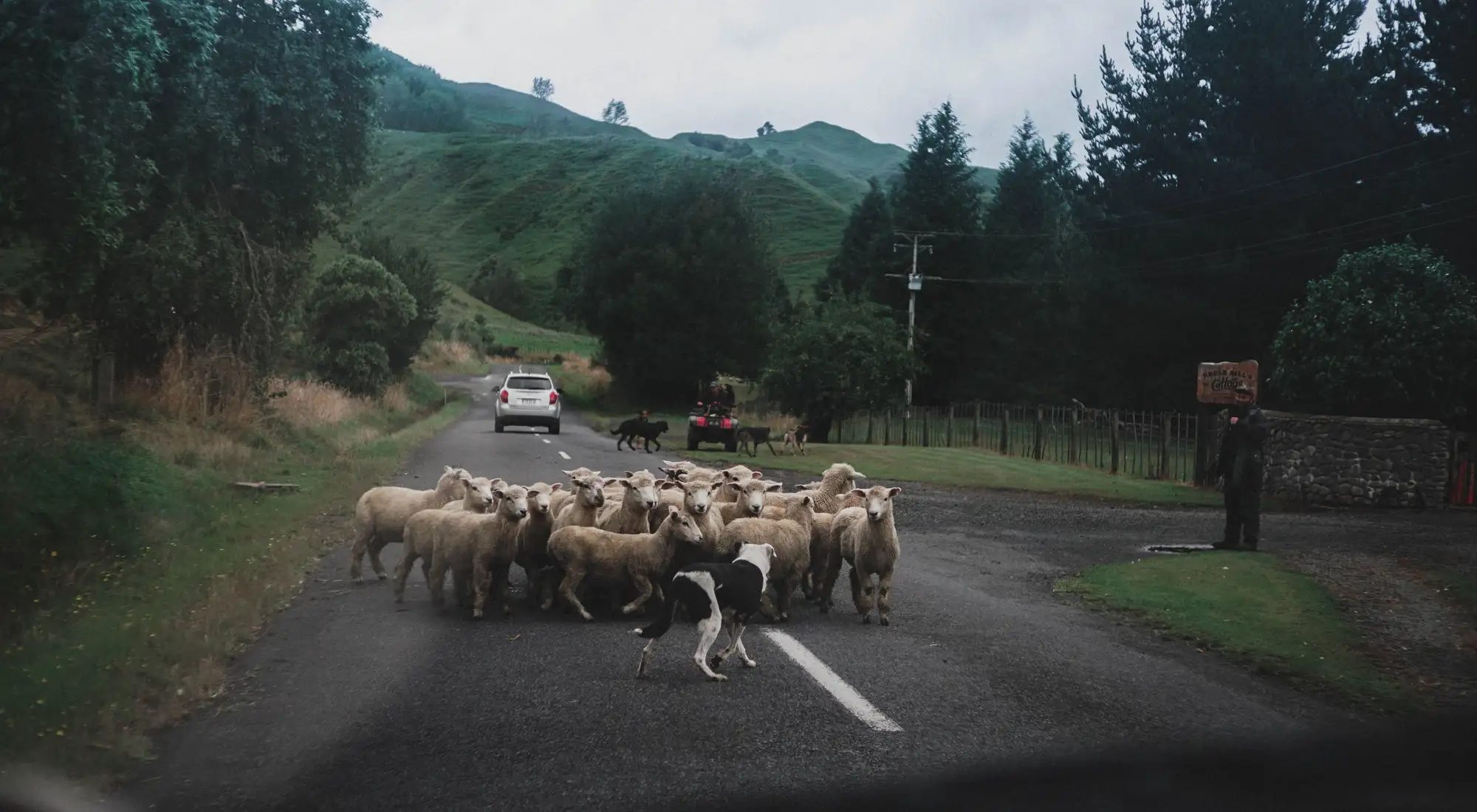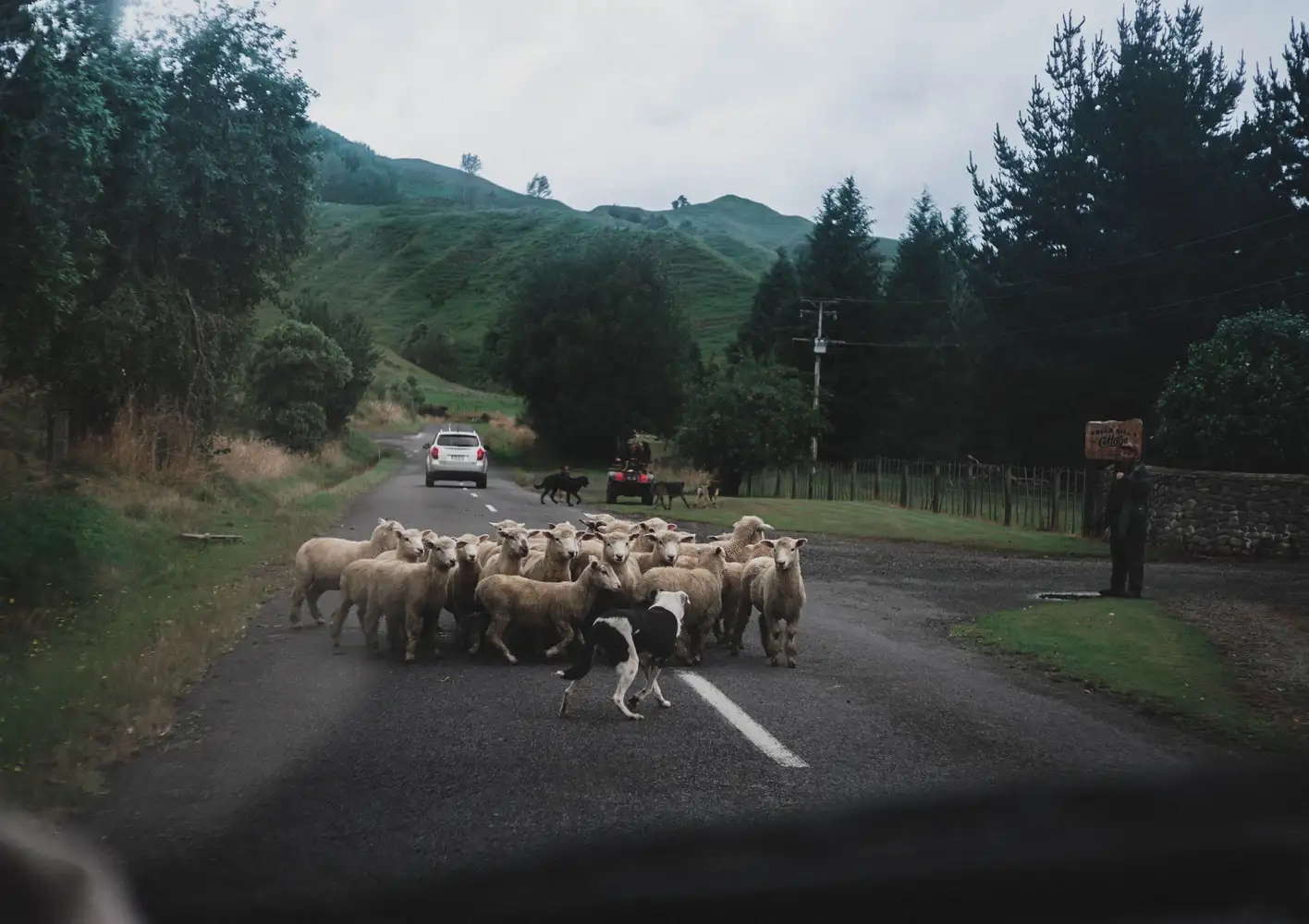Government commitment to improve Overseer is welcome says LGNZ Regional Sector



11 August 2021
LGNZ Regional Sector acknowledges the Government’s report on Overseer.
Local Government New Zealand’s (LGNZ) Regional Sector acknowledges the Government’s report on Overseer, saying moves to upgrade this vital nutrient management tool are welcome but must be managed carefully to avoid disrupting work already underway to improve freshwater quality.
The Scientific Advisory Panel report released today has found shortcomings in Overseer, and the Government has committed to further development to upgrade to a model that can more accurately estimate nitrogen loss from farms.
“We welcome improvements to Overseer and any additional next-generation tools that may eventuate,” says Regional Sector Chair Doug Leeder.
“Our close and continuing relationship with rural communities relies heavily on shared trust in the models we use for regulation.”
“The Overseer model is used to estimate on-farm nutrient loss, consider and grant resource consents, and assess compliance. Over time, it has enabled us to promote on-farm practice improvements nationally and consistently, which is critical to our role of regulating New Zealand’s environment.
“Regional and unitary councils support the Government’s commitment to further develop the Overseer model. But the changes have to be delivered within 12-months to make sure councils are able to meet the December 2024 deadline to notify plans that align with the National Policy Statement for Freshwater Management.”
“If we don’t do that there is a real risk that we set back the good work that’s already underway to clean up our waterways, and potentially find ourselves in court as we argue about the accuracy of regulatory tools.”
The report’s findings will be received variously, according to the different circumstances at play in regions around the country, with particular relevance to Waikato, Manawatū-Whanganui, Hawke’s Bay and Canterbury. In some instances, nitrogen discharge numbers using Overseer are embedded in regional plans, resource consents and farm plans.
Councils are working to understand the implications locally and will work with affected landowners.
The Regional Sector is comprised of the 16 Regional and Unitary councils who, among a range of responsibilities, act as environmental regulators.